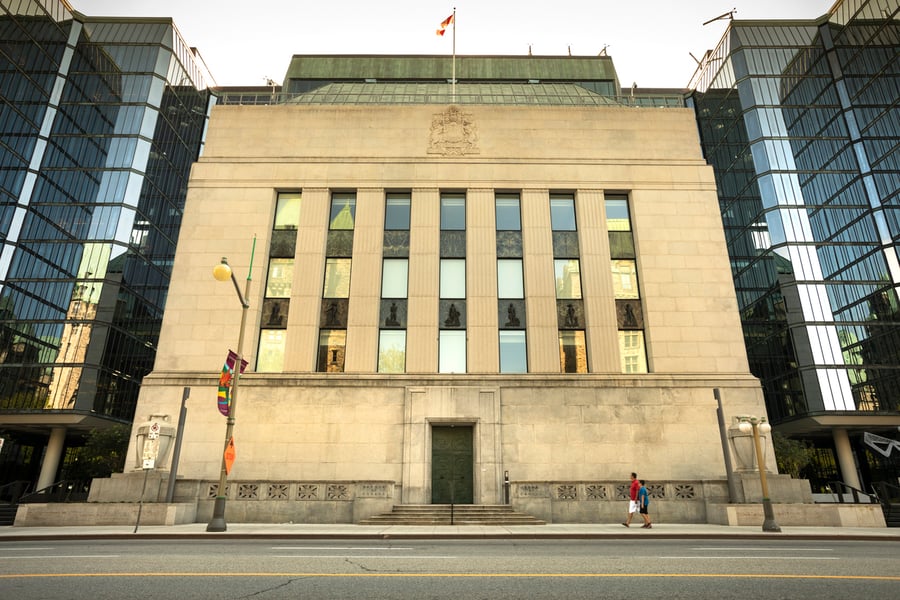Economists debate BoC's next move as unemployment soars despite job gains

The Bank of Canada (BoC) is expected to slash its benchmark interest rate by another 50 basis points (bps) on December 11, following its previous large cut in October, according to a Reuters poll of economists.
The prediction comes on the heels of a surprising jump in Canada’s unemployment rate, which spiked to 6.8% in November – an eight-year high outside of the pandemic period. This sharp rise in joblessness, despite stronger-than-expected payroll additions, prompted many analysts to revise their forecasts from a 25-bps cut to 50 bps.
Derek Holt of Scotiabank, who adjusted his projection, voiced mixed feelings about the decision.
"I hate the call because I think it's the wrong thing to do, but they are likely to take the easy way out relative to market pricing while arguing that the risk of doing too much is less than the risk of doing too little that could see inflation undershoot," Holt told Reuters.
"I hope that [BoC Governor Tiff] Macklem will sound more circumspect and cautious if he does go big as multiple arguments lean toward being very cautious on inflation into 2025."
Out of the 27 economists surveyed, nearly 80% predict a 50-bps cut, while the remainder expect a smaller reduction of 25 bps. Economists at TD Bank, one of the few outliers, anticipate a more cautious 25 bps reduction, citing signs of resilience in the economy.
"Economic data have shown more resilience, with consumer spending, the real estate market, and price pressures rebounding," noted James Orlando, senior economist at TD.
"Even with the messiness of [the] employment report, the economy continues to add jobs, reinforcing our view that the labour market is on solid foundations. We think this should be enough to convince the central bank to revert to a 25-bp cut next week, but it will remain a close call."
Inflation has recently ticked up to the BoC’s target of 2.0%, aligning with the central bank’s expectations. While this could signal improving economic conditions, there remains a risk of inflation overshooting targets, especially as parts of the economy show signs of recovery.
Read next: BMO, TD, CIBC wrap up 2024 earnings season
Complicating the outlook is the potential for new US tariffs. President-elect Donald Trump has proposed a 25% tariff on Canadian imports, a move that analysts warn could severely impact Canada’s economy.
All 11 economists who responded to a supplementary question agreed that such tariffs would likely trigger a recession. Most foresee a shallow downturn, but three expect it could be severe.
The majority of economists expect the BoC to further reduce rates to 2.50% or lower by the end of 2025.
Make sure to get all the latest news to your inbox on Canada’s mortgage and housing markets by signing up for our free daily newsletter here.



